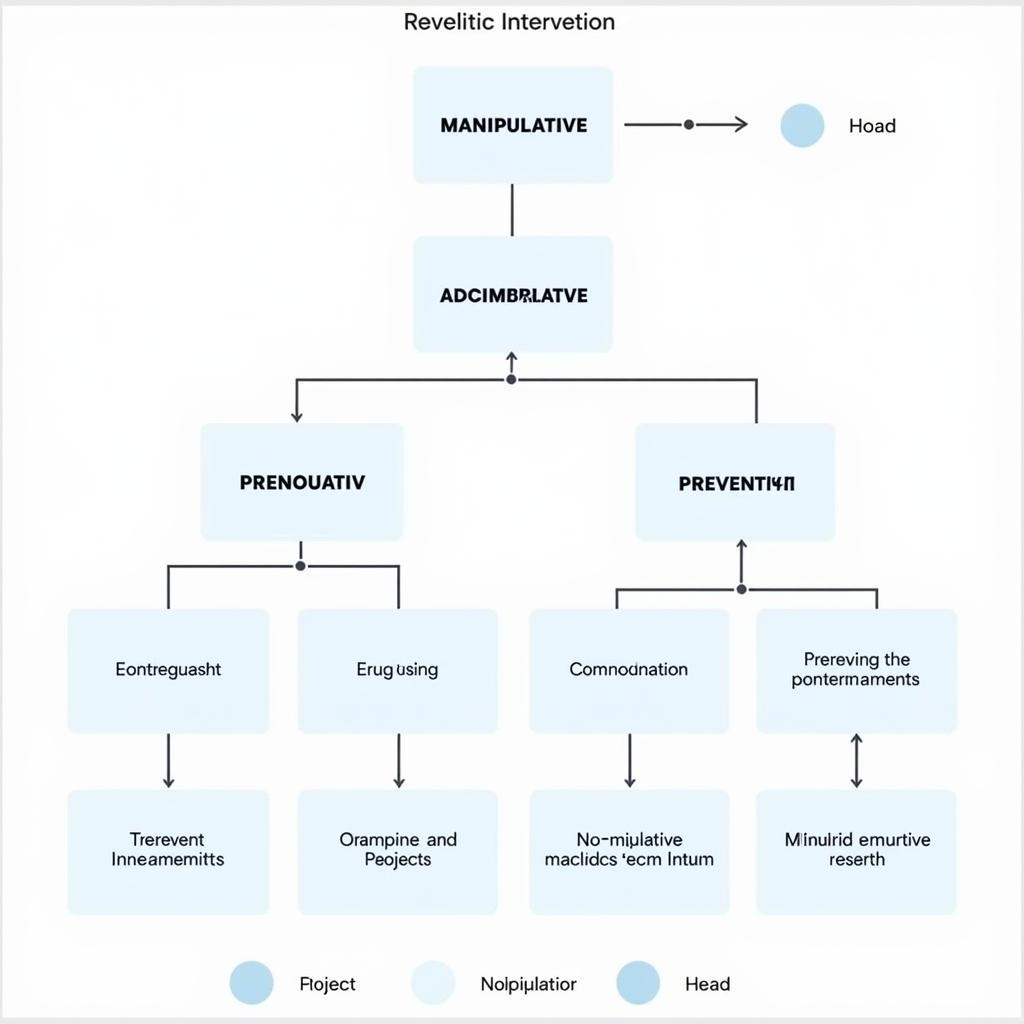Interventions in research refer to the specific actions, treatments, or programs that researchers introduce into a study to investigate their effects on a particular outcome or phenomenon. These interventions are carefully planned and implemented to test hypotheses and determine causal relationships between variables.
Types of Interventions in Research
Interventions in research can take various forms depending on the research question, field of study, and ethical considerations. Some common types of interventions include:
-
Manipulative interventions: These involve directly altering or manipulating an independent variable to observe its impact on a dependent variable. For example, in a clinical trial, a researcher might administer a new drug to one group of participants (the experimental group) and a placebo or standard treatment to another group (the control group) to compare their effects on a specific health outcome.
-
Non-manipulative interventions: In contrast to manipulative interventions, non-manipulative interventions do not involve direct manipulation of variables. Instead, researchers observe and analyze existing interventions or naturally occurring phenomena. Observational studies, surveys, and archival research are examples of research that often employs non-manipulative interventions.
-
Preventative interventions: As the name suggests, preventative interventions aim to prevent the occurrence or reduce the severity of a particular problem or condition. These interventions are often implemented before the problem arises or in its early stages. Examples include vaccination programs, educational campaigns promoting healthy lifestyles, and early intervention programs for children at risk of developmental delays.
-
Therapeutic interventions: Therapeutic interventions, on the other hand, focus on treating or managing existing problems or conditions. These interventions aim to alleviate symptoms, improve functioning, or enhance overall well-being. Psychotherapy, medication, surgery, and physical therapy are examples of therapeutic interventions.
 Types of Research Interventions
Types of Research Interventions
Designing and Implementing Interventions in Research
Designing and implementing effective interventions is crucial for ensuring the validity and reliability of research findings. Researchers carefully consider various factors when developing interventions, including:
-
Theoretical foundation: Interventions should be grounded in relevant theories or conceptual frameworks that provide a rationale for their expected effects.
-
Target population: Interventions need to be tailored to the specific characteristics, needs, and context of the target population.
-
Feasibility and practicality: Researchers assess the feasibility of implementing and sustaining interventions in real-world settings, considering factors such as resources, time constraints, and ethical implications.
-
Outcome measures: Clearly defined and measurable outcomes are essential for evaluating the effectiveness of interventions.
-
Data analysis plan: Researchers establish a plan for collecting, analyzing, and interpreting data to answer the research questions and test hypotheses.
Ethical Considerations in Research Interventions
Ethical considerations are paramount when conducting research involving interventions, particularly when human subjects are involved. Researchers must adhere to ethical guidelines and principles, including:
-
Informed consent: Participants must be fully informed about the nature and purpose of the research, the risks and benefits of participation, and their right to withdraw at any time.
-
Confidentiality and privacy: Researchers have a responsibility to protect the confidentiality and privacy of participants’ data.
-
Beneficence and non-maleficence: Interventions should be designed to maximize potential benefits and minimize potential harms to participants.
-
Justice: The selection of participants and the distribution of benefits and burdens should be fair and equitable.
Examples of Interventions in Different Fields of Research
Interventions are used across a wide range of research fields, including:
-
Medicine: Clinical trials investigating the effectiveness of new drugs, therapies, or medical devices.
-
Psychology: Interventions aimed at improving mental health, reducing stress, or changing behavior.
-
Education: Interventions designed to enhance learning outcomes, improve teaching practices, or address educational disparities.
-
Social work: Interventions focused on addressing social problems, such as poverty, homelessness, or substance abuse.
 Research Interventions in Different Fields
Research Interventions in Different Fields
Conclusion
Interventions are essential components of many research studies, allowing researchers to investigate causal relationships, test hypotheses, and develop evidence-based practices. By carefully designing, implementing, and evaluating interventions, researchers can contribute to the advancement of knowledge and improve outcomes in various fields.
When grappling with the complexities of paranormal phenomena, our team at Paranormal Research understands that rigorous research is paramount. If you’re interested in learning more about research methodologies, particularly those with a proven track record like research-based behavior interventions or research-based reading interventions, we encourage you to explore the resources available on our website.
For those intrigued by the intersection of research and the unexplained, our website features insightful articles on organizations like the Forecasting Research Institute, Clinical Research Associates Inc, and the Arthur M. Blank Center for Stuttering Education and Research. These institutions exemplify the dedication and innovation driving advancements in their respective fields.
We are committed to providing accurate and insightful information to our audience. If you have any questions or need assistance with your research, our team is available 24/7 to provide support. Contact us via phone at 0904826292, email at research@gmail.com, or visit our office at No. 31, Alley 142/7, P. Phú Viên, Bồ Đề, Long Biên, Hà Nội, Việt Nam.